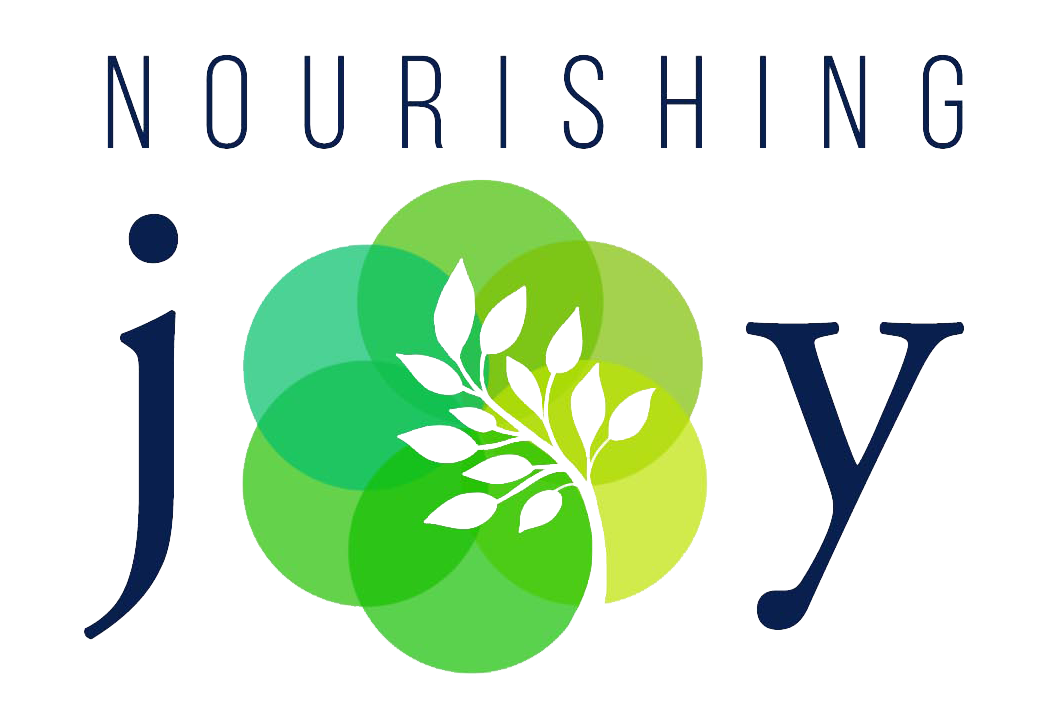What Is It That You Want, Blanche?
This post may contain affiliate links, including those from Amazon.com, which means we earn a small commission off your purchases. And here's the thing: We only mention services and products that we think are truly worth your attention, whether they're free, paid, or otherwise. This site relies on YOUR trust, so if we don't stand behind a product 110%, it's not mentioned. Period.
Promenade, original oil painting by Steve Henderson of Steve Henderson Fine Art
Note from Kresha: This post is by monthly columnist, Carolyn Henderson of This Woman Writes. To read more about Carolyn and why I'm excited to have her with us, check out the brief introduction I gave to her in August.
If you have never read the book, Jane Eyre by Charlotte Bronte, drop everything you're doing and go do so — life just won't be the same until you have. Or if you want to take the short cut, watch the movie — this particular version — and lose yourself in the story of the poor, plain governess and the proud, ugly Master of the domain, and their turbulent love story.
Yes, I know — it's a love story, but it's ever so much more: social inequity, the cruelty of one human being toward another, true spirituality versus the imitation, turbulent emotions, heaving bosoms — it's got everything but exploding cars, and given that it takes place in the mid-1800s, this lack is understandable.
I mention Jane Eyre specifically because of a line in the movie I linked to: Mr. Rochester, who is secretly in love with Jane, the plain governess, dallies about with Blanche, a ringletted blonde who is captivated by Rochester's income and wealth. One afternoon, while Blanche and an entourage of bored rich people are staying at Rochester's house, she stumbles upon him while he is in his library, smoking.
She looks at him, wide eyed.
He looks at her, turns away, and blows out smoke.
“What is it that you want, Blanche?” he asks, bored.
What a good question.
And yet, it's one we rarely ask ourselves, because it's “wrong” somehow — perhaps because we're always supposed to be thinking of others and never wasting time upon ourselves, although in reality, we mainly think about ourselves: our goals, our dreams, our wants, our hurts, our desires, our fears. We just never admit it.
And in never admitting this, we never face the question that really matters: What is it that we want? Until we know this, we never understand what it is that we're doing, or why — it doesn't matter if we're seeking a new job or trying to live simply or starting a garden or learning how to knit socks: with anything we do, it helps — enormously — to know why we're doing it.
Let me put this in the 21st century: My husband, Steve Henderson, and I sell artwork — Steve's artwork — and in talking to clients, we ask a lot of questions, and the main one is this: What is it that you want?
While that may seem like an obvious question, it cuts through all the thoughts going through people's heads:
“Does the picture need to match the sofa?”
“Is it too small, or just the right size?”
“My girlfriend says I should get two — should I?”
“Is this the right place to hang the painting?”
“I don't know whether I should get a beach picture or the one of the mountains?”
Do you notice how many of these questions have to do with obligations — my sofa is blue, so should the picture be blue, or does it matter? Should I listen to my girlfriend? Is it okay to hang the painting here?
And I always respond with the same question: What is it that you want? What makes you happy? Which image do you gravitate toward?
When you buy a painting, a blouse, a cookie, a pair of shoes, membership at a gym — there is nothing wrong, and everything right, with asking yourself, “What is it you want?” because if you don't know the answer to that, you are at risk of making the “wrong” decision — doing or purchasing something that doesn't fit who you are, but who you think other people think you should be. Motives matter.
What did Blanche want? She wanted money, prestige, position, fame.
What did Jane want? She wanted Mr. Rochester, because she loved him.
The difference between the two motivations is enormous, and it matters — for Blanche, for Jane, and for Mr. Rochester.
And it matters for you. Asking yourself what you want isn't a selfish question, it's a practical one, and the more comfortable we get with asking — and answering — it, the more in line with who and what we are our answers will be.



